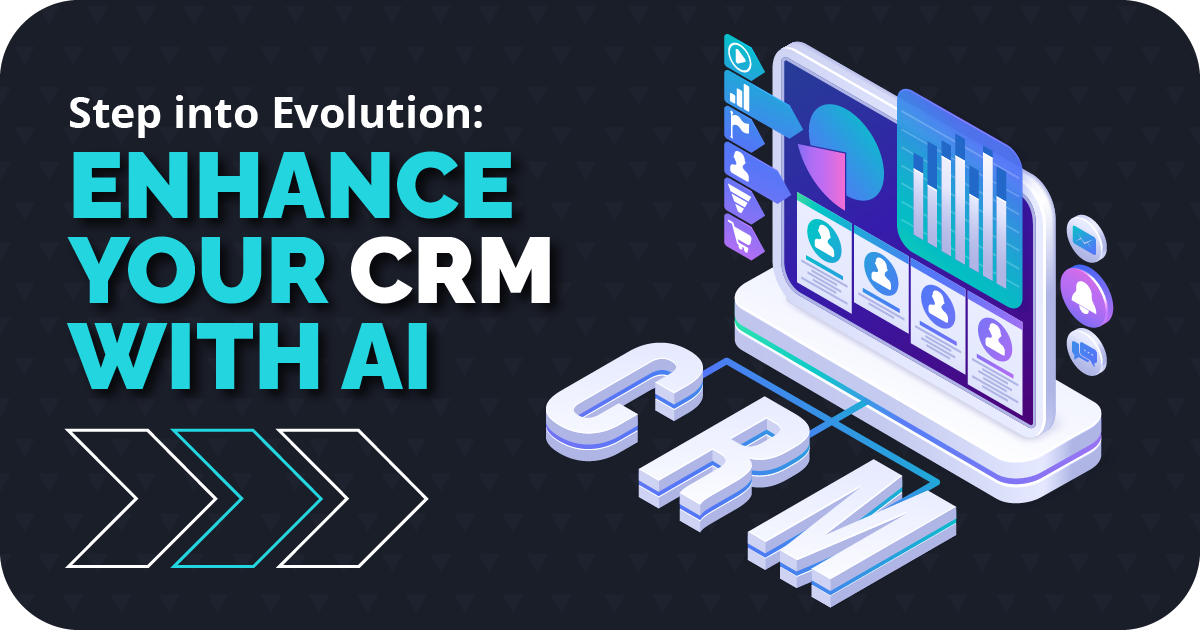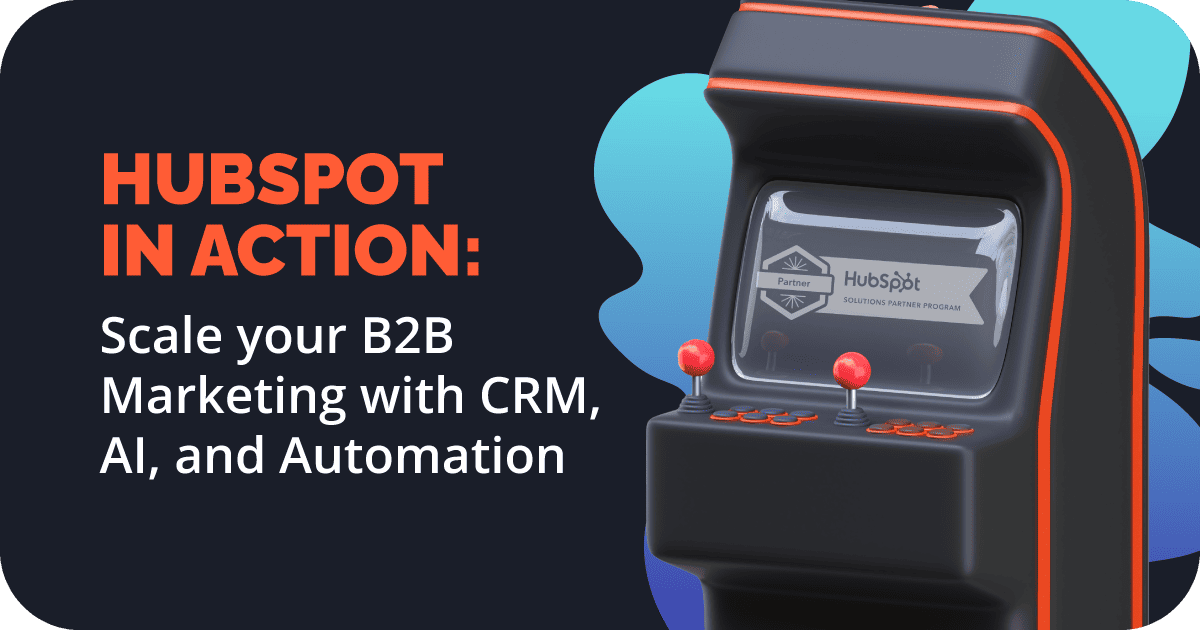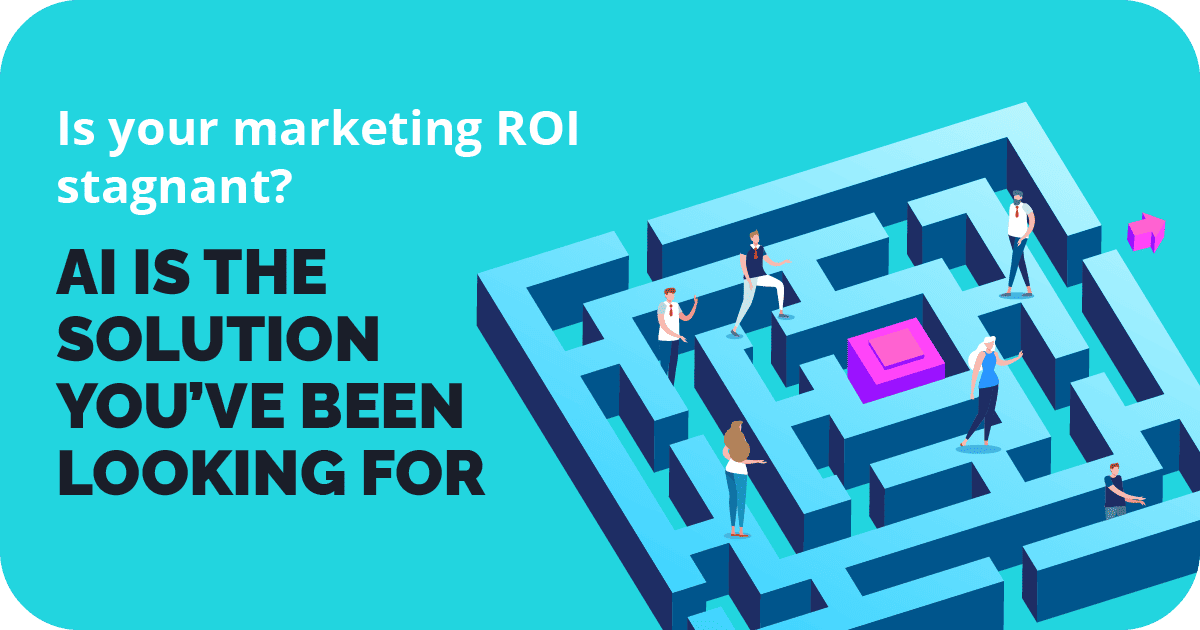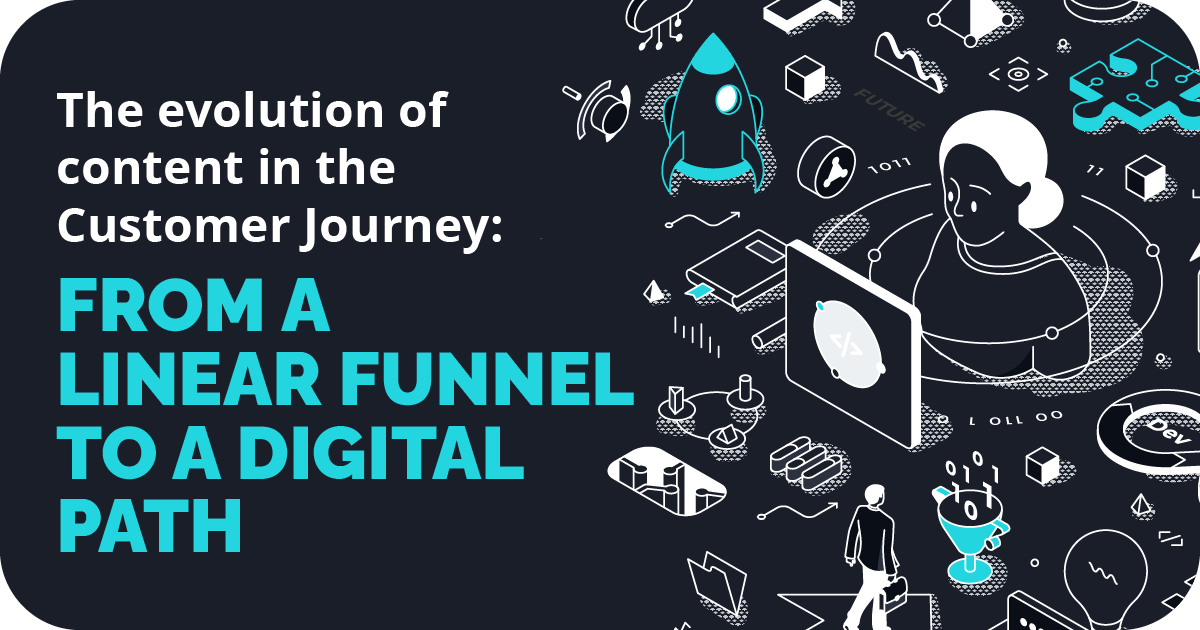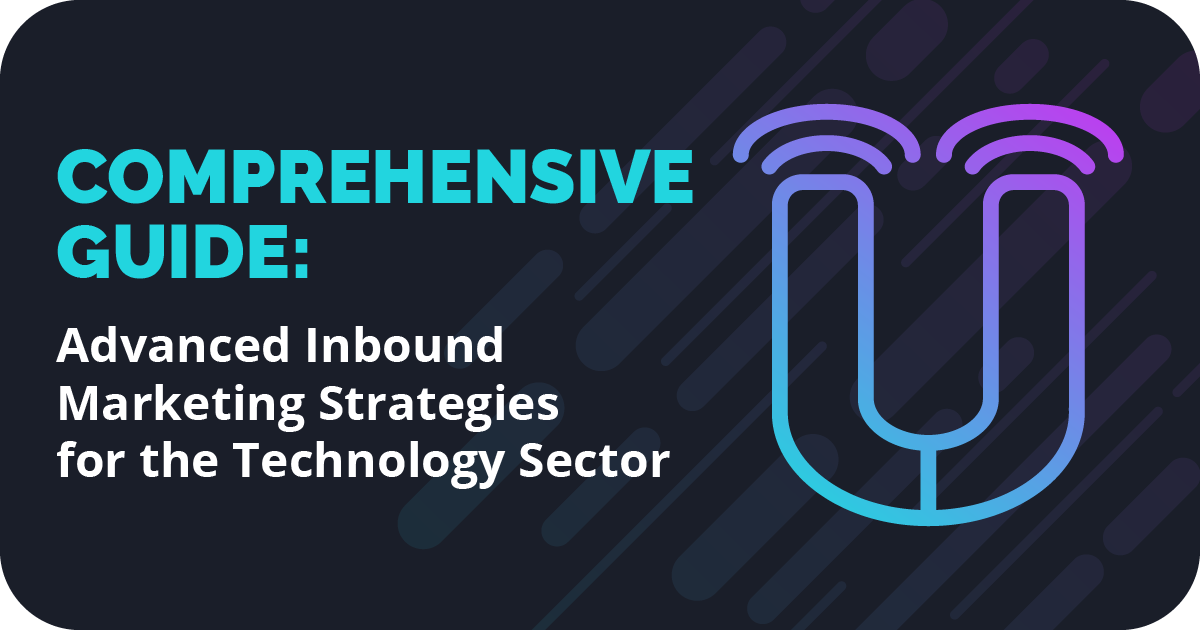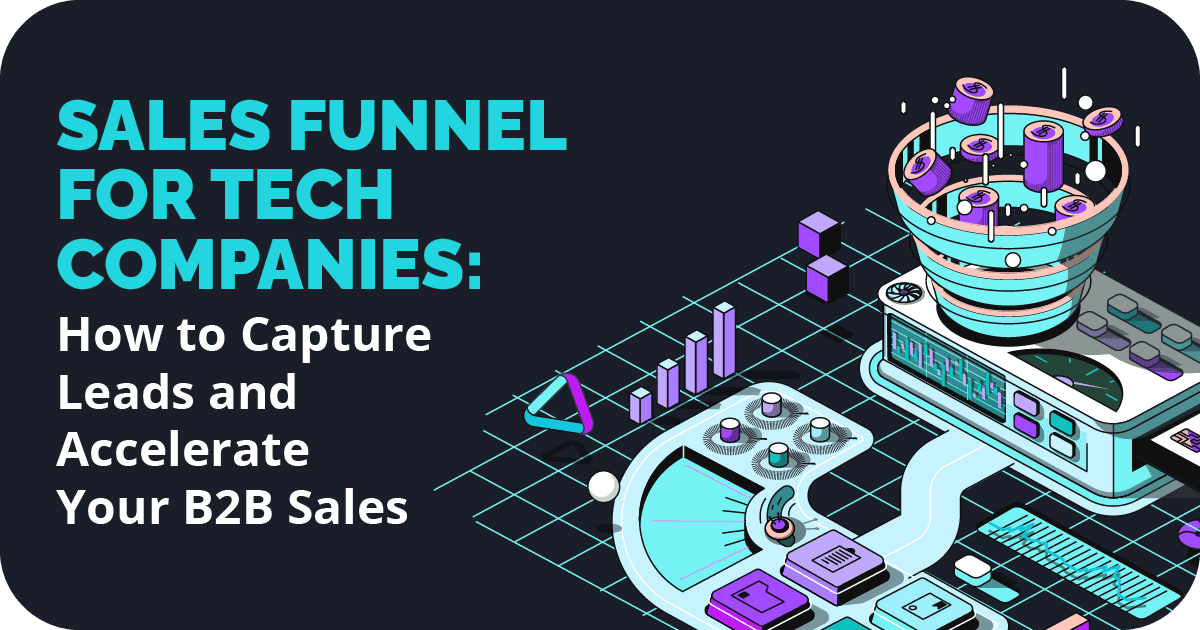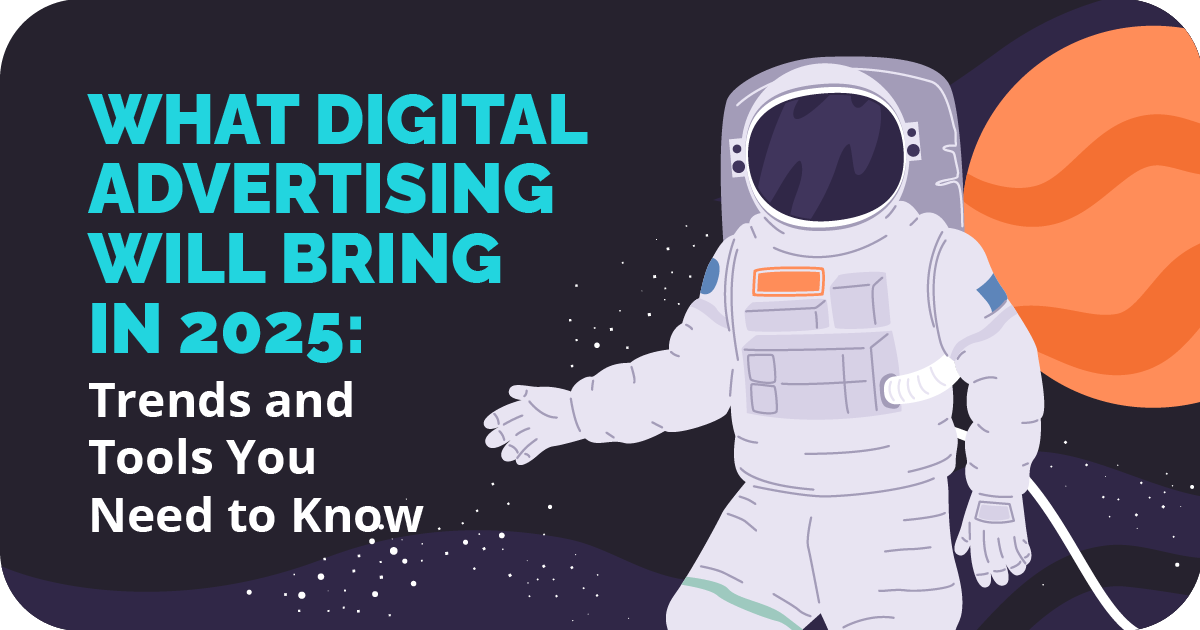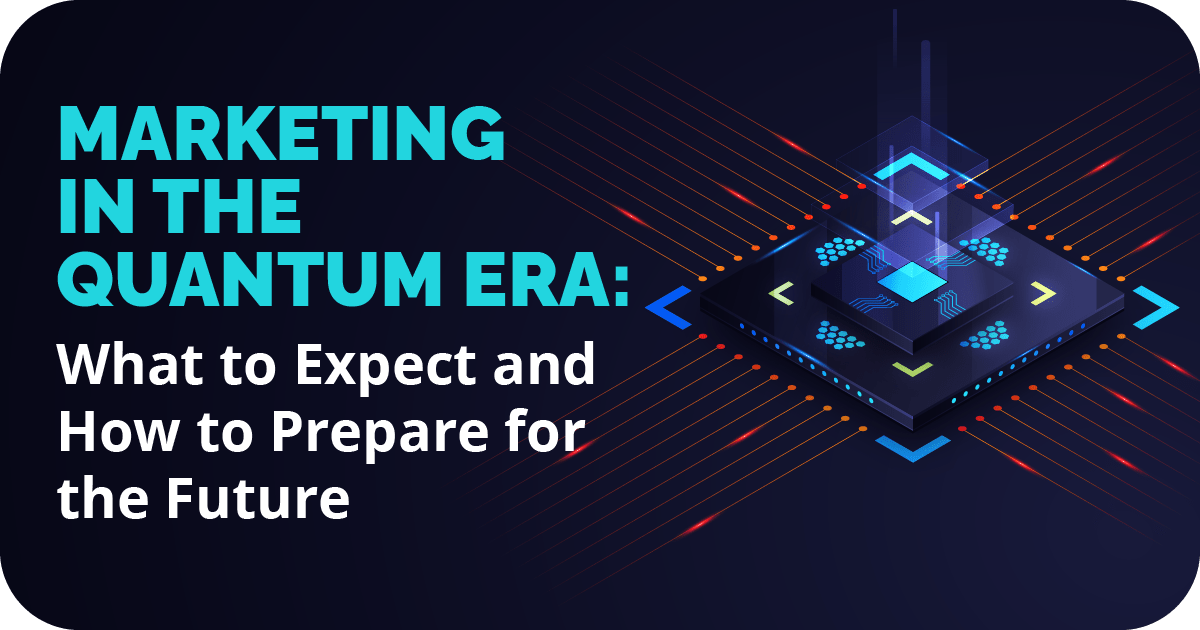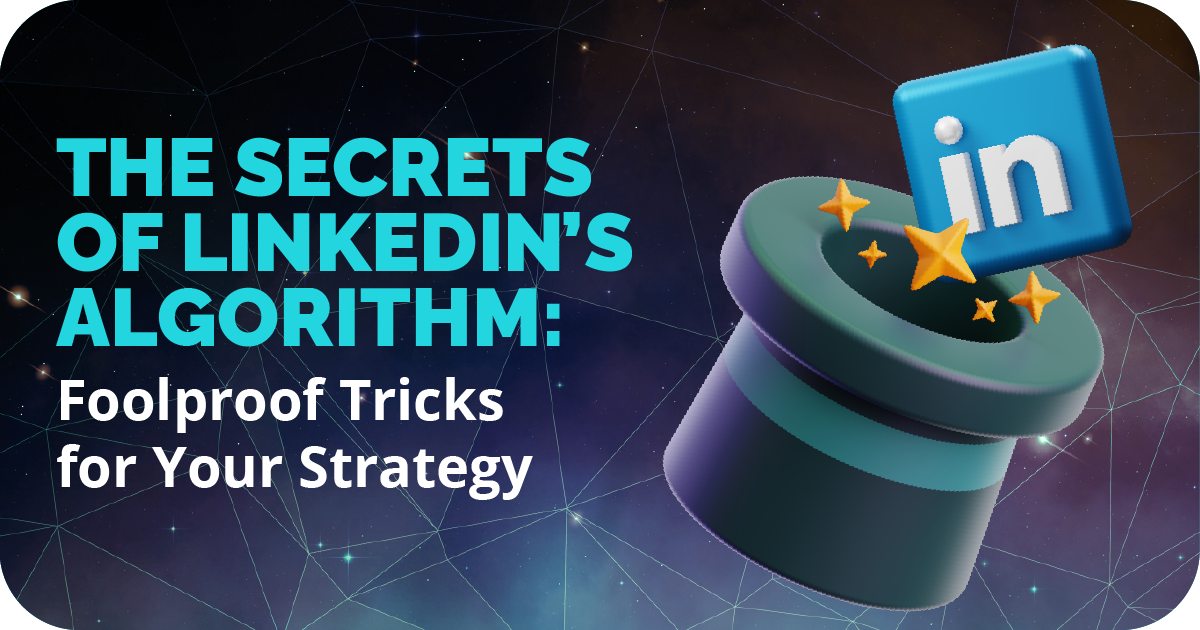Step into Evolution: Enhance Your CRM with AI
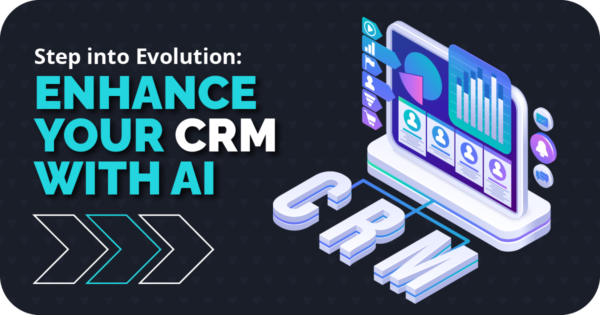
In the world of digital marketing, success increasingly depends on deeply understanding customer needs and behaviors. This is where CRM (Customer Relationship Management) is essential for building and maintaining strong relationships. However, we often take its functionality for granted and overlook the opportunities to optimize data usage more intelligently by integrating smart technologies. In this blog, we’ll show you how your CRM can evolve and improve its results with Artificial Intelligence
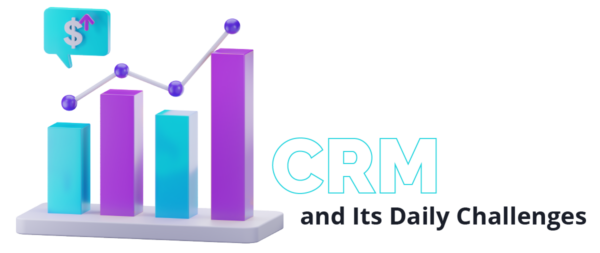
Customer Relationship Management (CRM) is the main source of data and strategies that achieve more organic marketing to drive the growth of every business. This, in turn, allows companies to offer a personalized experience, improve customer retention and loyalty by analyzing interactions and user data throughout their lifecycle.
Even so, with the massive amount of data generated daily, managing a CRM can be an overwhelming task. Traditional strategies, technologies, and practices can become overloaded, leading to less relevant results or a lack of prioritization of customer needs.
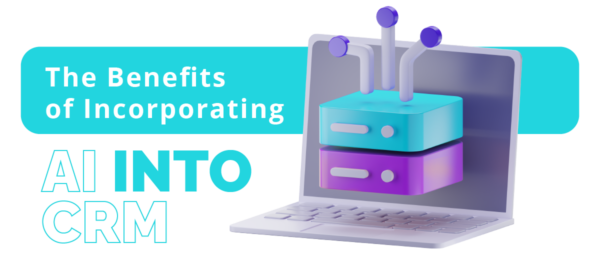
Advanced Analytics: AI can capture large volumes of CRM data to identify patterns and trends, enabling companies to make more informed decisions.
For example, Salesforce has created Einstein, an AI that uses advanced algorithms to analyze customer data and offer relevant solutions.
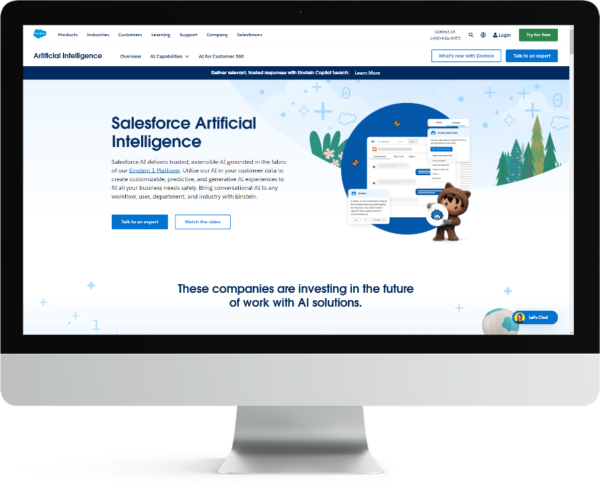
Task Automation: Automates complex tasks, such as customer segmentation and campaign personalization, improving efficiency and reducing response time.
An ideal AI for improving operational efficiency is UiPath. This tool provides solutions that optimize repetitive administrative tasks, such as data entry and inventory management.
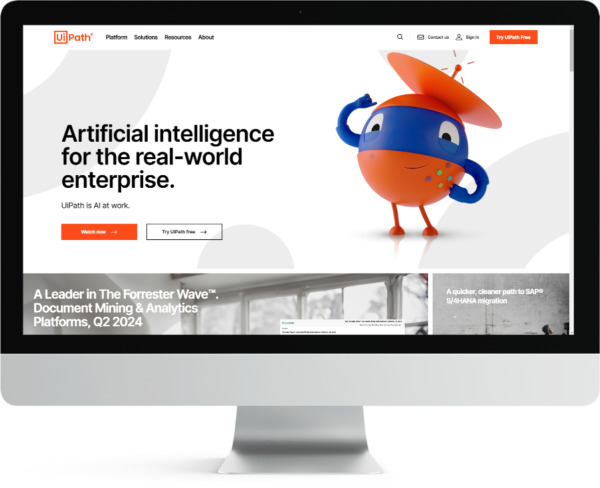
Behavior Prediction: Using advanced algorithms, AI can predict future customer behavior and needs. This helps companies anticipate and offer more relevant solutions.
For this, there are CRM platforms that already integrate their own AI to maximize their tool’s potential. An example is Freddy AI, the AI tool from Freshworks, designed to accompany the customer journey at each stage and provide business and user-adapted recommendations.
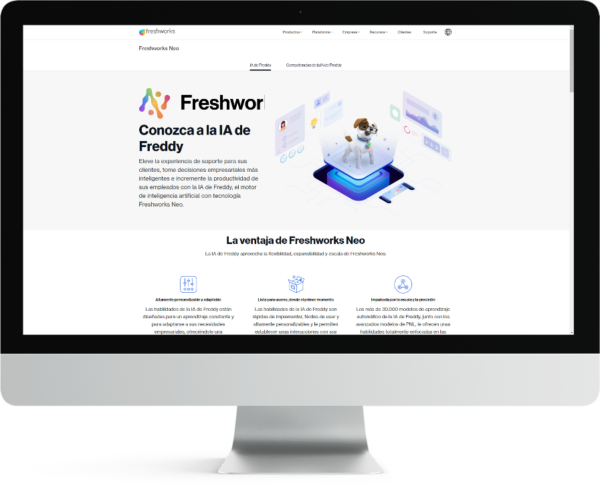
Improving Customer Experience: AI-powered chatbots and virtual assistants can offer faster and more efficient customer service, enhancing the overall user experience.
For this, you can use Zendesk, a platform that uses AI to improve customer service, offering automatic and efficient responses to common queries and directing requests to the sales team in real-time.
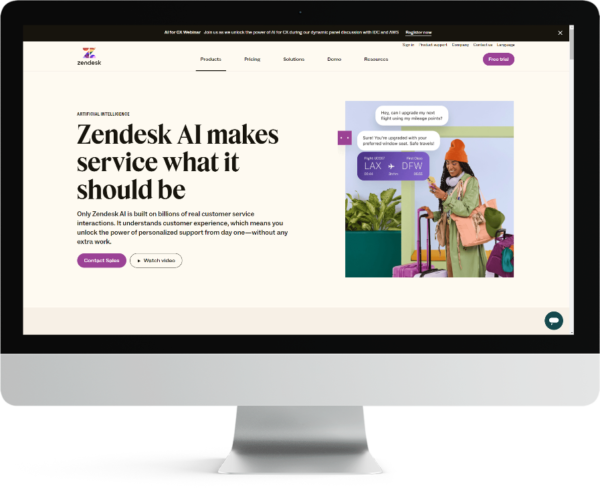
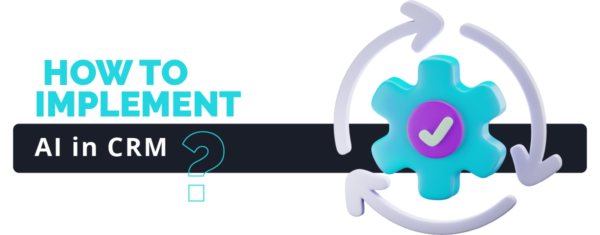
Now that you know the benefits AI offers, it’s time to integrate it into your CRM. Follow these simple steps to effectively adapt your company:
 1. Evaluate Needs
1. Evaluate Needs
Identify the specific challenges you want to address with AI, such as improving lead generation, customer service, or sales projections.
 2. Choose the Right AI Tools
2. Choose the Right AI Tools
Select the AI tool that suits your needs or a CRM platform that is already AI-powered. You can now evaluate various AI solutions to customize your CRM and adapt it to what benefits you the most.
 3. Organize Your Information
3. Organize Your Information
The accuracy of the results provided by AI depends on how you deliver your information and the quality of your databases. Without an adequate structure, AI cannot guarantee good execution
 4. Adapt Your Platform to AI
4. Adapt Your Platform to AI
Work with your IT team or your CRM provider to seamlessly integrate AI tools into your company’s system. You can also opt to acquire CRM software with built-in AI.
 5. Prepare Your Team
5. Prepare Your Team
Train your organization on using these AI tools so they can adapt them to their reports and, in turn, be the ones providing data to the AI.
 6. Continuous Monitoring and Optimization
6. Continuous Monitoring and Optimization
AI models are constantly improving. Monitor changes, updates, and new versions of AI and CRM platforms that optimize the results you seek.

We already know the great improvement opportunities that AI platforms offer for CRM and the ways to incorporate it for better customer personalization. However, we must not forget that it is an emerging technology and can make some errors that we must take into account:
Biased Data: The algorithm can produce inaccurate results if the data is biased or incomplete.
Lower Human Affinity: Responses can fail in interaction with customers and negatively impact their experiences.
Cybersecurity Risks: With AI tools, there is a risk of data breaches or cyberattacks, so it is important to handle it with caution.

CRM is essential for marketing success, as it allows companies to better understand their customers and offer a more personalized experience. When the power of CRM is combined with the capabilities of AI, companies can further optimize their marketing strategies and evolve their results to be more efficient, proactive, and with greater customer satisfaction and loyalty.
At Isource Marketing, we firmly believe that businesses should take the latest trends to make their marketing actions more effective and boost their processes. Please, feel free to contact us for advice or quotes on marketing solutions, and take the bold step to enhance your B2B/B2C strategies with us.


